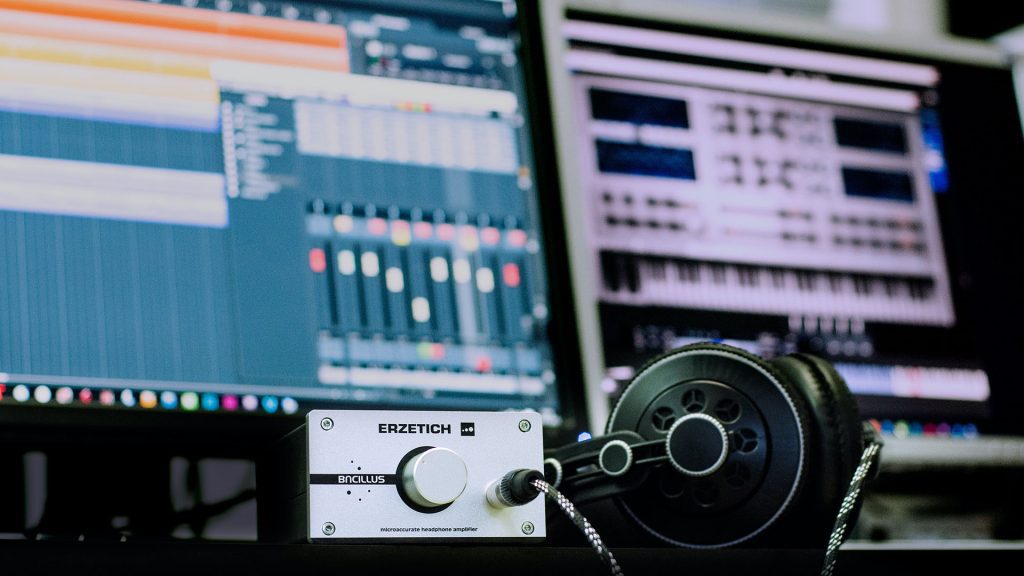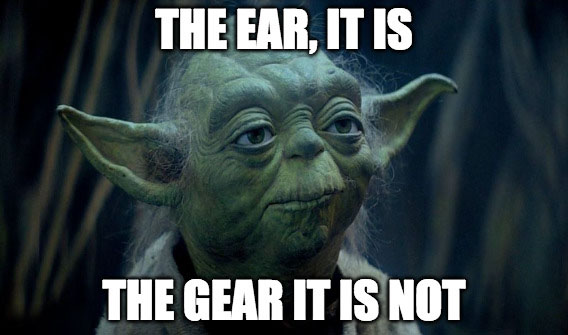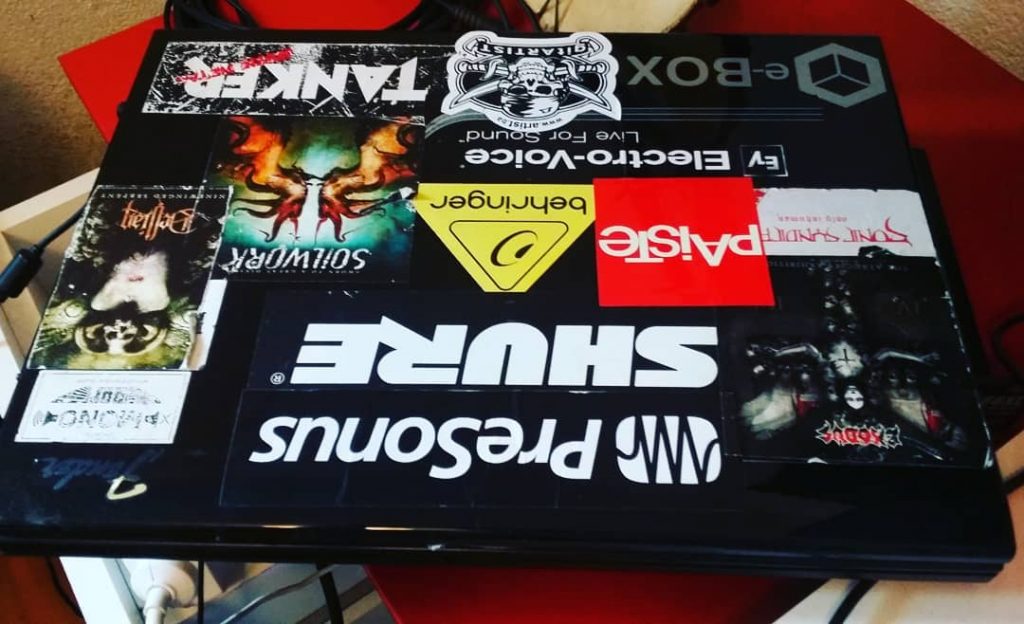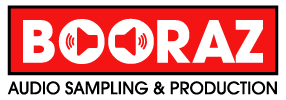5 Things To Avoid Doing For Novice Production Music Composers
5 simple things you should try to avoid doing when starting your production music composing career.
DISCLAIMER: All things written in this article are derived from my own experiences. I am not saying that any of this is absolute way to do anything but all of these things helped me a lot so I’m hoping they’ll do the same for you. Enjoy!
1 – Don’t be rude – Be polite and positive!
2 – Don’t be lazy – Do your research!
3 – Don’t SPAM people – Post stuff with care
One of the MOST annoying and the MOST common beginner mistakes is sending friend request to a fellow composer (a person you don’t know yet but do share common interest) and then without even introducing yourself or spending some time to get to know that person just sending an invite for them to like your page or subscribe to your YouTube channel. That’s just plain rude, annoying and you will get completely opposite effect. People will dislike you.
Same thing goes for “Check out my new track” or things people send to famous composers like: “Ahh I love your music, I love your work would you like to collaborate with me” – hoping they get them to colab on a track and push self promotion like that.
Good example why all of this is wrong is this:
You wake up in the morning and there is a stranger knocking on your door. You get to your door and answer and that complete stranger puts a CD in your hand and without even saying “Good morning” he just says “Hey bro, check out my new track”. You’d probably call the police, right? – Right.
When you start making music and introduce yourself to the community, you will make tons of friends in no time. Most of those people will be interested in your work and will want to like your page or subscribe to your channels without any pressure. Share your page in posts on your profile and people will see it. That should be enough for start.
Keep in mind that you are an artist and you want to build an artist image and have people who actually like your music to follow your pages. You really don’t want huge number of people who don’t care about your music liking and subscribing to you. What’s the point of that?
Be patient, build and nurture your audience over time.

4 – Don’t be hasty – Let it “stew” overnight

5 – Don’t blame the gear – Use what you got

It doesn’t have to be so hard for you but real point is this: I had no money to upgrade I just used what I had and it got me to my first TV album + my first Hollywood placement.
There are tons of free or really cheap plugins and libraries that you can use. Most of those things are being used even by big names in the industry simply because they developed a habit of using them or they are simply AWESOME.
Here are few links containing list of free and cheap plugins and libs to kickstart your journey! Check out this one and this one.
Personally I’d recommend Melda Production pack + bunch of awesome plugins at Tokyo Dawn website. Of course you will need iconic OTT compressor from Xfer as well as other goodies from them – click here. You will quickly realize how many good things out there are actually FREE!
I got all of these when I was starting out. Latter I bought thousands of dollars worth of other plugs and libs but I still use many of the free ones cause they are just great and they sound great!
So there is no excuse.
Music is in YOU and not in the GEAR.
Let it out!
To conclude this article, again I hope you find it helpful. I’m always trying to use my own example as much as I can – seeing that I’m a guy from God forsaken country who can hear music only in mono but still doing it against impossible fucking odds. Hope it all helps you.
I’ll try to give you as much resources as I can in the future to make your journey easier so stay tuned. More nice articles are coming soon. You can also sign up for the blog newsletter and start getting these straight to your inbox.
Until next time,
Cheers
Marko
MARKO TICA
Music producer, composer, sound designer, live sound engineer and multi-instrumentalist. He had his first live TV performance at the age of 5, made his first album in high school, and has since produced and composed music for all genres. As a producer, he worked with various pop, rock, punk and metal bands along with mixing and recording music in live and studio settings. For the last 5 years his passion has been focused on production music and composing for media. You can hear his music in various Hollywood trailers as well as TV networks like: BBC, HBO, DISCOVERY, NETFLIX, MTV, E!, VICE, RTL and many more.
[sibwp_form id=3]
